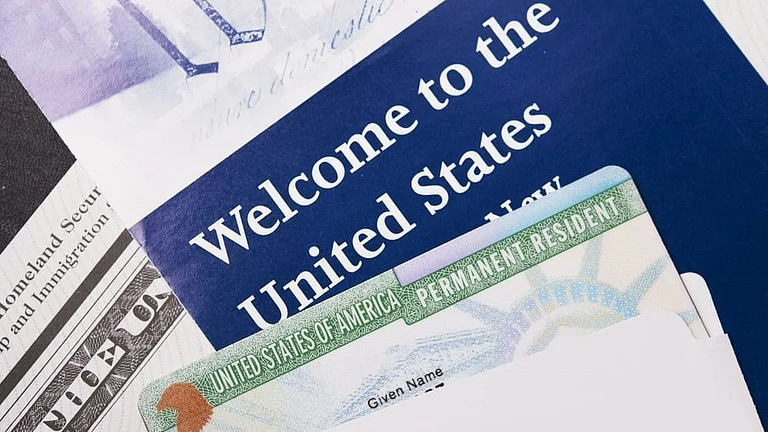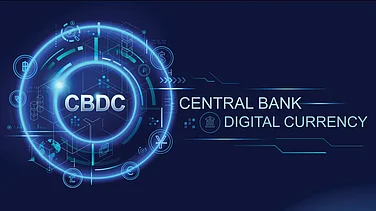Like many other sectors, education is evolving. One of the most promising developments in recent years has been the rise of public-private partnerships (PPPs). These collaborative efforts between government institutions and private sector organisations are transforming how students learn, grow and prepare for future challenges. At its core, a public-private partnership bridges the gap between traditional educational approaches and the dynamic needs of our modern world. By bringing together the strengths of public institutions and private sector expertise, these partnerships create unique opportunities that benefit students in multiple meaningful ways.
Bridging the Gap
The advantages of such partnerships are two-fold. First, public schools often struggle with limited budgets, but private partnerships can dramatically change this landscape. Companies can provide cutting-edge technology, specialised equipment and innovative learning tools that would otherwise be out of reach. Imagine students gaining hands-on experience with state-of-the-art computer labs, scientific equipment or digital learning platforms, all made possible through strategic partnerships.
The second is real-world skill development. Traditional education can sometimes feel disconnected from actual workplace requirements. Public-private partnerships create direct bridges between classroom learning and professional expectations. Through internship programs, mentorship initiatives and collaborative projects, students gain practical skills that make them more competitive in the job market.
The disconnect between classroom learning and workplace expectations has long been a challenge in education. Public-private partnerships create direct bridges that address this gap. Through carefully designed internship programs, mentorship initiatives and collaborative projects, students gain practical skills that make them significantly more competitive in the job market. Companies bring invaluable insights into current industry trends, allowing educational institutions to design more responsive curriculum. This approach means students aren't just learning theoretical concepts but acquiring skills directly aligned with emerging job market needs. A student might now learn coding not just from a textbook but through a programme developed in collaboration with a leading tech company, gaining hands-on experience that sets them apart from their peers.
These partnerships do more than just provide resources. They open doors to broader experiences. Networking opportunities become more accessible as students are exposed to professionals through guest lectures, industry workshops and collaborative projects. Global perspectives emerge as students interact with companies that operate across different cultural and professional landscapes. Specialised training programmes further enhance this approach. Imagine a manufacturing company working directly with local schools to create technical education tracks that precisely match industry requirements. Students graduate not just with a diploma but with a clear pathway to meaningful employment.
Navigating Challenges
It's important to acknowledge that public-private partnerships are not without complexity. Successful collaborations require transparent communication, clearly defined goals and a genuine commitment to student success. The key is maintaining a balance that prioritises educational integrity while leveraging private sector expertise. The most effective partnerships view education as a collaborative journey where government institutions, private companies and students work together to create meaningful learning experiences that prepare young people for an increasingly complex world.
As our global landscape continues to evolve rapidly, these innovative partnerships represent more than just an educational strategy. They are a crucial approach to preparing the next generation of learners, thinkers and professionals, equipping them with the skills, knowledge, and connections needed to thrive in an ever-changing world.
Public-private partnerships represent a promising approach to reimagining education. By breaking down traditional barriers and creating more dynamic, responsive learning environments, these collaborations offer students unprecedented opportunities for growth, skill development and future success. As our world continues to change rapidly, such innovative approaches will be crucial in preparing the next generation of learners, thinkers and professionals.
T N Singh is director, IIT Patna and Shantanu Rooj is founder and chief executive, TeamLease Edtech


























